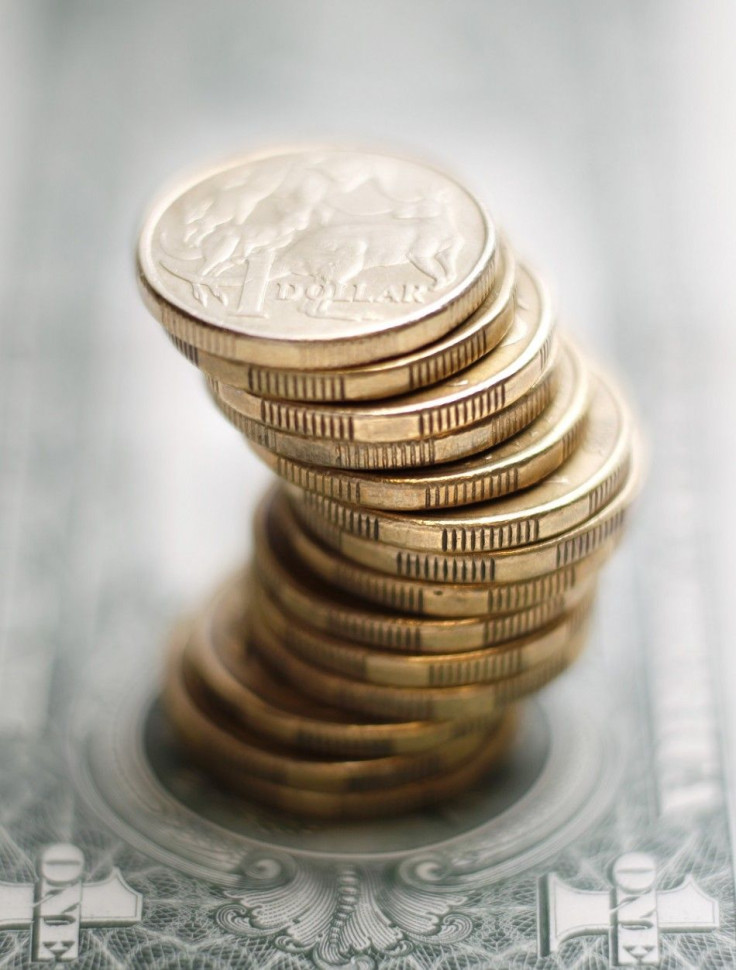Australia's Economy to Face More Growth Hurdles in 2015

Australia's economy will be at a critical stage in 2015 as the country continues to struggle with the impact of declining commodity prices, slowdown in mining investment and renewed fiscal restrictions. Goldman Sachs believes Australia is headed to a perfect storm in the next year.
Chief economist Tim Toohey wrote in a note to investors that the challenges for Australia are becoming widely known. He said Australia's economy will have to contend with low levels of housing investment and a constricted financial environment, which are factors that have helped to offset the mining sector slump.
Goldman Sachs predicts Australia's GDP to rise by just 2 percent in the upcoming year from a previous estimate of 2.9 percent. The bank said the slump in mining investment will continue to drag Australia's economy down. It is up to the country's commodity exports and consumption to lift up the economy, the bank noted.
Australia's GDP for the third quarter of the year was recently released amid reports of a sluggish domestic economy. The economic report suggested that it was taking Australia longer than expected to rebalance away from a growth spurred by mining investments. The expected growth rate for the quarter was 3.1 percent, but the economy only expanded 2.7 percent, CNBC reports.
National Australia Bank Director and senior economist David de Garis said the latest GDP concurs with the general perception of Australia's economy, but there was more weakness in domestic data than expected. The Reserve Bank of Australia will be firm on its monetary policy until March 2016 when the central bank is expected to forecast rising interest rates.
Meanwhile, Australian Treasurer Joe Hockey believes a lower dollar can help increase growth in the future. In an ABC report, he rejected the idea that Australians will feel they are in a recession because of a low national income for two quarters.
Hockey told reporters at a Canberra press conference that the country is seeing "strong export growth." He noted that the Australian dollar had fallen significantly in mid-September until recently and welcomed the news. The treasurer argued that the mining and carbon tax repeals had boosted Australia's economy despite growth slowing down in the first quarter of the year following the removal.






